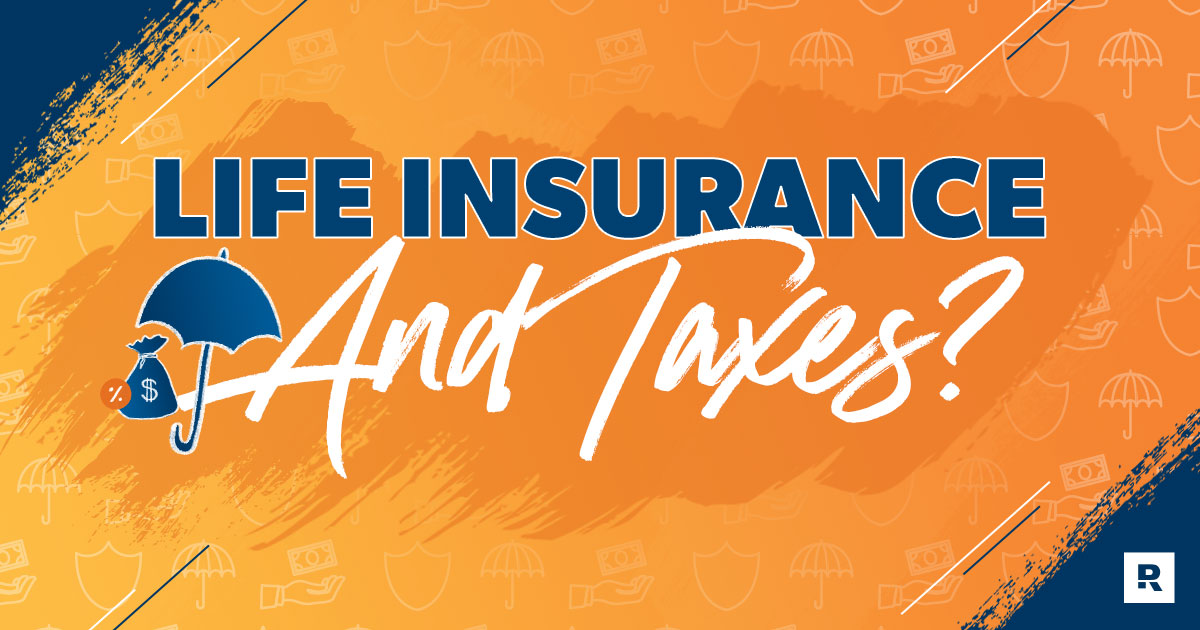Whether you cash out your entire whole life insurance policy or make a withdrawal, you may be subject to tax implications.
If you’re considering surrendering or selling your life insurance policy, it’s important to understand what, if any, taxation consequences you should prepare for. Not only will understanding what to expect help you to make a better, more informed decision regarding your life insurance policy, but it can also help you prepare for those tax consequences as best as possible.
In fact, at Life Settlement Advisors (LSA), one of the most frequent questions we hear is about taxable gains on life insurance policies. In our latest blog, we’re exploring whole life insurance policies, including what happens when you cash out a whole life insurance policy, tax consequences, and other options that may be available to you.
Whole life insurance policies may be cashed out in full via a surrender. Or, rather than surrendering the entire policy, you may also choose to cash out a partial amount of money. There’s also a third option of selling your life insurance policy via a life settlement—more on this later.
Before diving into each of these options, let’s quickly discuss whole life insurance policies. Whole life insurance policies have two components. First, like all life insurance policies, you have the face value or death benefit. This reflects the amount of money your beneficiary will receive.
Unique to permanent policies like whole life insurance, there is also the cash value, which is essentially a savings or investment account. This is the part that makes a cash out option available to policyholders. Over time, you can build out this savings account on a tax-deferred basis. It is important to note that when you cash out a whole life insurance policy, you will not receive the face value. Instead, you receive the cash value, less any required fees.





:max_bytes(150000):strip_icc()/life_insurance_151909996-5bfc3710c9e77c00519d7859.jpg)

:max_bytes(150000):strip_icc()/retirement-17-5bfc2b3bc9e77c002630567e.jpg)















